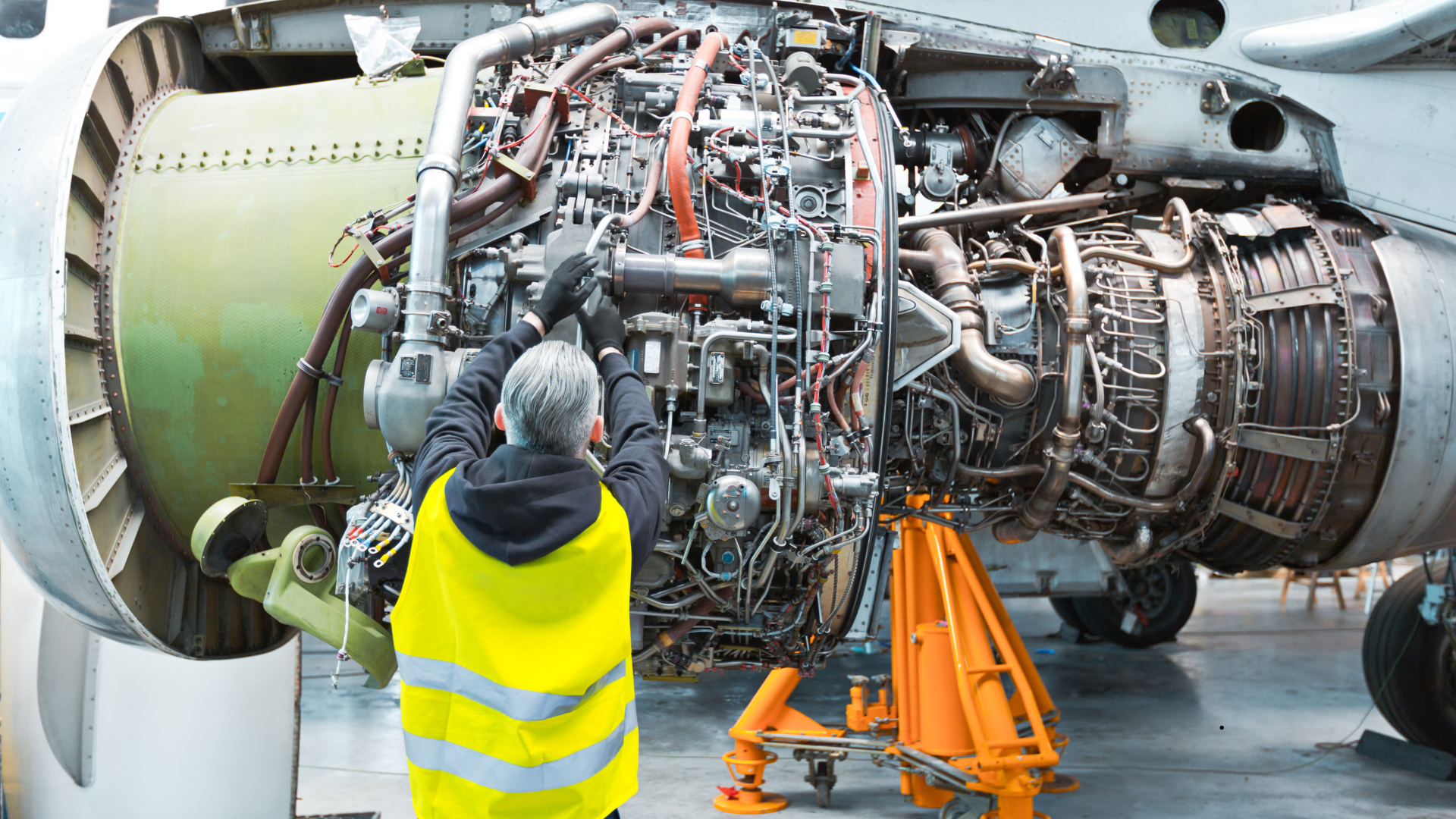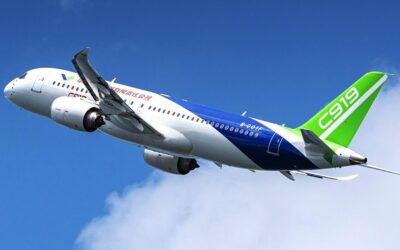
Aviation’s reputation for safety depends on an unbroken chain of trust. That chain was tested recently when investigations revealed the circulation of falsified and unapproved aircraft parts within commercial fleets. Components accompanied by forged certification documents found their way into service, prompting global recalls and emergency inspections. What began as isolated reports quickly became a worldwide concern, raising uncomfortable questions about how counterfeit parts could infiltrate such a tightly regulated ecosystem.
The scandal exposed weaknesses created by complexity. Modern aviation supply chains stretch across continents, involving thousands of vendors, brokers, and maintenance facilities. Parts change hands repeatedly bought, repaired, resold, and leased. At each stage, verification depends on documentation, and when paperwork is manipulated, even the most diligent operators can be misled. The economic pressure following the pandemic, coupled with demand for affordable parts, created openings for bad actors to exploit.
The implications extend far beyond compliance. Each uncertified component represents not just a mechanical risk but a financial and ethical one. Aircraft grounded for investigation cost millions in lost revenue, insurers face new liabilities, and leasing portfolios suddenly carry unforeseen exposure. More critically, public confidence the foundation of aviation’s safety culture comes under strain.
Restoring that confidence requires both technology and accountability. Digital traceability tools, including blockchain-based ledgers and AI-driven verification systems, offer the ability to authenticate components through immutable data. Yet technology alone cannot fix cultural complacency. The industry must reinforce a shared responsibility for transparency, where every stakeholder from financiers to engineers recognizes that cost-saving shortcuts can never justify compromise.
AeroLyceum Consultancy places integrity at the core of its financing and leasing operations. Our approach ensures that every asset, from aircraft to auxiliary equipment, is vetted through certified sources and auditable documentation. We advocate for clients to adopt stringent supplier checks, lifecycle tracking, and cross-regulatory compliance as part of every transaction.
The fake-parts crisis has been a jarring reminder that safety is not guaranteed by regulation alone; it depends on vigilance and ethics. Aviation’s global supply chain must evolve from trust-based to proof-based, where authenticity is verified, not assumed. AeroLyceum remains committed to leading that transformation because in aviation, trust is not a luxury; it’s the lifeblood of flight.
Copywrite Ownership : AeroLyceum Consultancy


